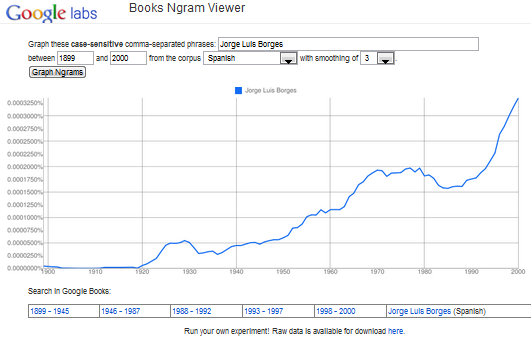Thursday, September 08, 2011 at 10:42 AM
Last week, Google had the pleasure of having Robert Reich come to speak about his latest book, Aftershock: The Next Economy and America's Future, as part of the Authors@Google speaker series. Reich is currently the Chancellor's Professor of Public Policy at the University of California at Berkeley, and has served under three US administrations. He has written 13 books, including The Work of Nations, The Future of Success, and Supercapitalism. In the short session, included below, Reich discusses where our economy is today, how it got there, and where it's headed. He argues that America's economic problems can be attributed to how its wealth is currently being distributed and makes several recommendations, focusing on how Silicon Valley and technology have formed and influenced the economy, in particular.
Former Secretary of Labor Robert Reich speaking as part of the Authors@Google series
Reich stated that his argument -- that redistribution is a prerequisite for growth -- is not grounded in morality. That said, Adam Smith, widely considered the father of modern economics and capitalism, called himself a "Moral philosopher." Smith even considered his most important work to be The Theory of Moral Sentiment, despite having written what is now considered the most influential work on economics, The Wealth of Nations. Though Reich says the question used to be, "What is a good society, and how do we recognize it and achieve it?" it seems that his talk and book ask an adjacent question, "What is a sustainable society?"
Reich reiterated that workers are consumers, and although they once were able to manage stagnant wages and continue spending, they are now exhausted. After World War II, "the means have not kept up with what a growing economy should have provided them with," and while before they were willing to adjust, sending women into the workforce, taking longer shifts, and taking on debt, the collapse of 2008 forced the middle class to pay their balances, and to "face a necessity they have managed to avoid for decades: they have to make do with less" (138).
This means that there is belt-tightening going on across the country and money is not moving fluidly into the market. Companies won't hire until they see consumer demand, and consumers won't spend until they have jobs and steady sources of income. "Businesses are sitting on almost two trillion dollars of cash." This is a negative cycle in which no one wins.
Most worrisome to Reich is that while Americans continue to be unable to find jobs, the financial sector is operating as normal, large bonuses have returned, and inequality is the status quo. He says this is fertile ground for political confrontation, and is worried that individuals will rally around demagogues, who "will channel anger at easy targets like foreigners, the poor, the rich, [etc.]" He calls for reforms that would change the income tax, create wage insurance, and invest in infrastructure, health, and education. He says we must pay attention to how widening inequality and economic insecurity affect our social and political landscape, and the inevitable consequences.
Reich holding the Google eBook version
of Aftershock on the Story HD from iriver
To find more titles by Robert Reich, please visit our Google eBookstore.




















